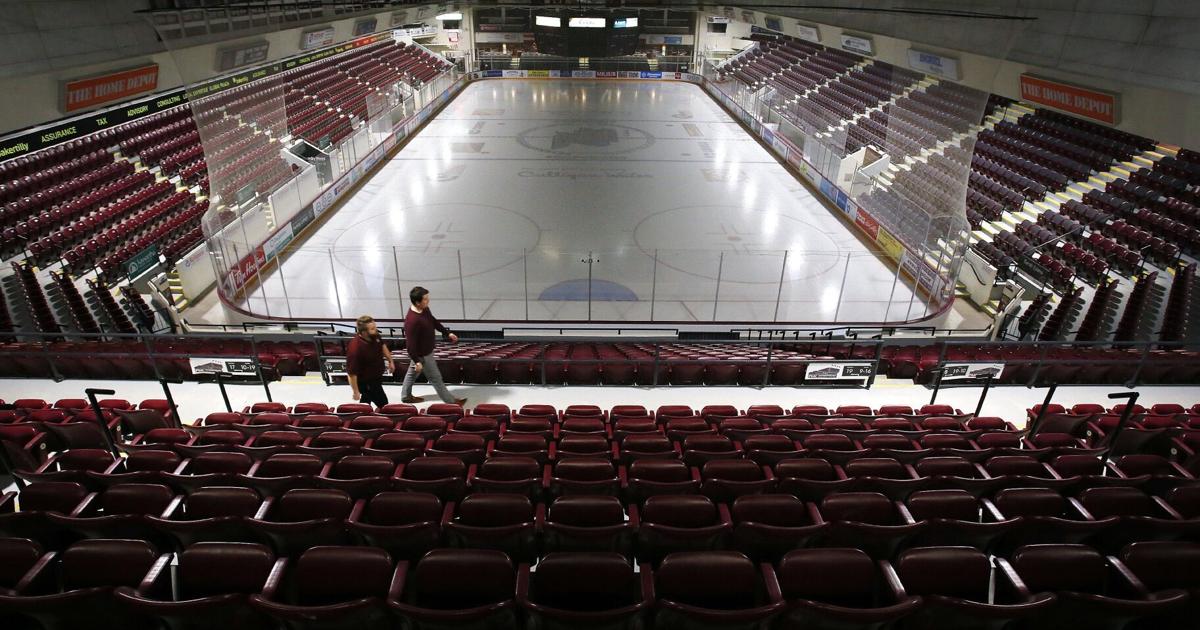dalewood12
Registered User
- Oct 9, 2017
- 1,250
- 1,187
Via the Toronto Star

 www.thestar.com
www.thestar.com
Some excerpts:

Canadian major junior leagues sued over 'atrocious' contracts for teenage hockey players
The lawsuit, brought forward by the North American division of the World Association of Ice Hockey Players Unions, was filed in a New York court.
Some excerpts:
Young hockey players chasing the dream of a professional career are forced into exploitative contracts that impose unfair wages, control where they play and breach U.S. antitrust laws, a new lawsuit alleges.
Canadian major junior leagues act as a “cartel,” conspiring to restrict athletes' ability to negotiate their own contract, the lawsuit alleges. Instead, players' salaries are capped at $250 a month despite working full-time.
The lawsuit targets the Canadian Hockey League — the primary feeder system for the National Hockey League — and its three regional leagues: the Ontario Hockey League, the Western Hockey League and the Quebec Maritime Junior Hockey League.
“We are challenging the business model of the CHL,” says Jeff Shinder, one of the lawyers representing the players in the suit. “We have methodically unpacked every element that creates an indentured servitude arrangement … It's atrocious how these kids are treated. This needs to stop and it stops here.”
